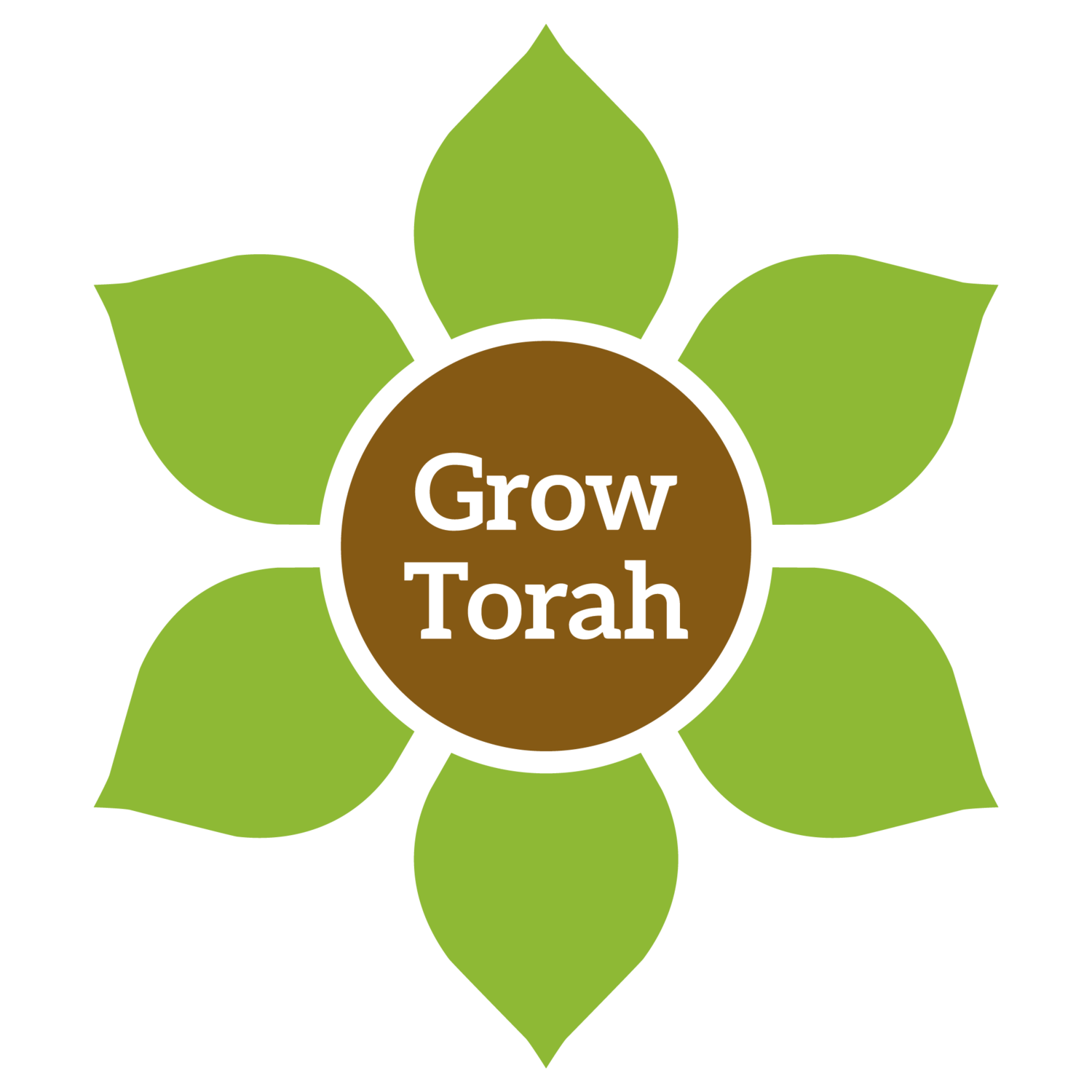Bug Checking - GrowTorah Q&A
Produce often contains dirt residue, and thus small bugs are commonly found within the food. This section deals with checking and washing produce in order to uphold the laws of Kashrut.
1. How should one go about checking for bugs in produce?
For some background, see YU Torah’s article on The Requirement to Check Food for Insects.
In recent generations, people have gone through major changes in the way they check for bugs. Forty or fifty years ago, people would simply look at their produce: if they didn’t see any bugs they would eat the produce and if they did see one, they would either not eat it, or wash the bug off and eat it as normal. That was the normal practice of Jews for many generations and many continue to follow that today. With recent advances in technology, people have started using equipment to check for bugs in ways that were previously impossible. The question is whether people can rely on the way it was done for generations, or if it is necessary to use all possible modern equipment to check.
The Aruch Hashulchan defends the fact that Eastern European Jews ate things that had huge infestations, which nobody today would come close to eating. In a bag of flour infested with ants, people used to sift the flour to remove the ants, and then use it as normal.
On the other hand, certain foods have been labelled completely prohibited because people cannot check them for bugs sufficiently.
Even though organic agriculture uses organic pesticides, it may require more care in checking for bugs. Also, some produce is more likely to have bugs than others so it is important to check, but people do not need to exaggerate.
If you are picking food in the garden, you can just check for bugs and if it doesn’t have any, you can eat it.
Normally, when you have a tiny bug in a large volume of vegetables, we can apply the principle of batel (בטל), nullification. However, when dealing with an entire bug (i.e. a whole worm) the creature becomes significant, since we cannot ignore something in its entirety. As long as one does not eat the bug directly, and one doesn’t see it, then it is within the parameters of the Rabbinic prohibition (and not a Torah one).
It is not fully clear how high of a standard we need for checking bugs. For example, a GrowTorah garden educator might know how to find bugs in a way that a regular person would not notice. To the gardener it is fully visible, yet others would not notice it at all unless it was pointed out. It is unclear if that changes the way we should approach checking, since we now have an awareness that we could be missing something. It seems to be that it would not change the status because the question is mainly about what regular people see when they check, not if one person has more attuned vision.
2. Can one eat fruits off the bush, or must they be soaked in saltwater to clean them before they can be eaten?
Look at them whether they have bugs or not. If they don’t, one can eat them.
